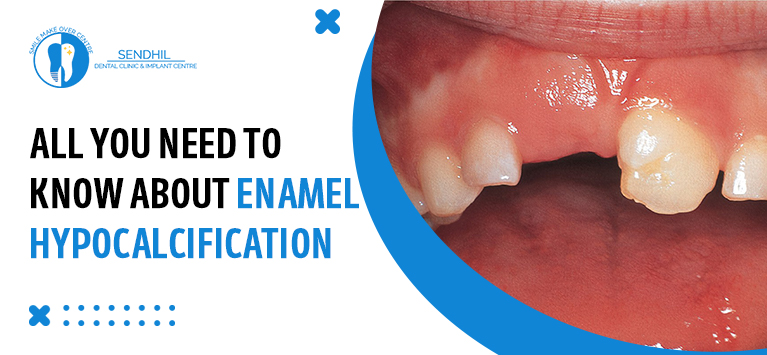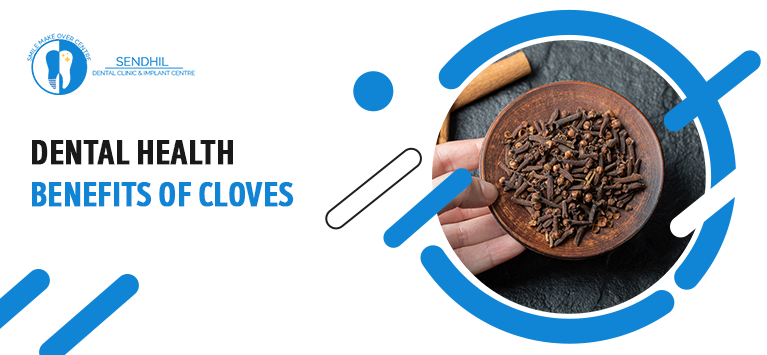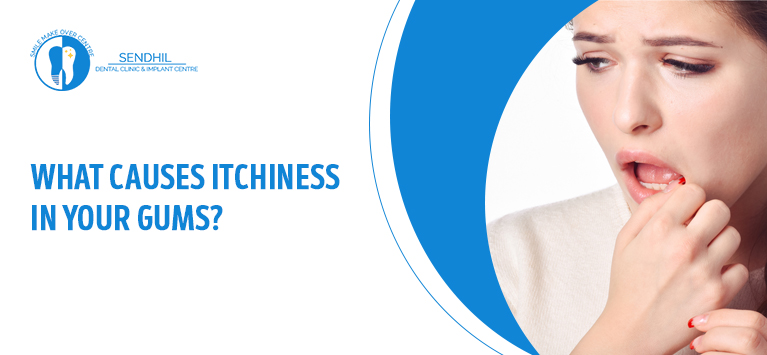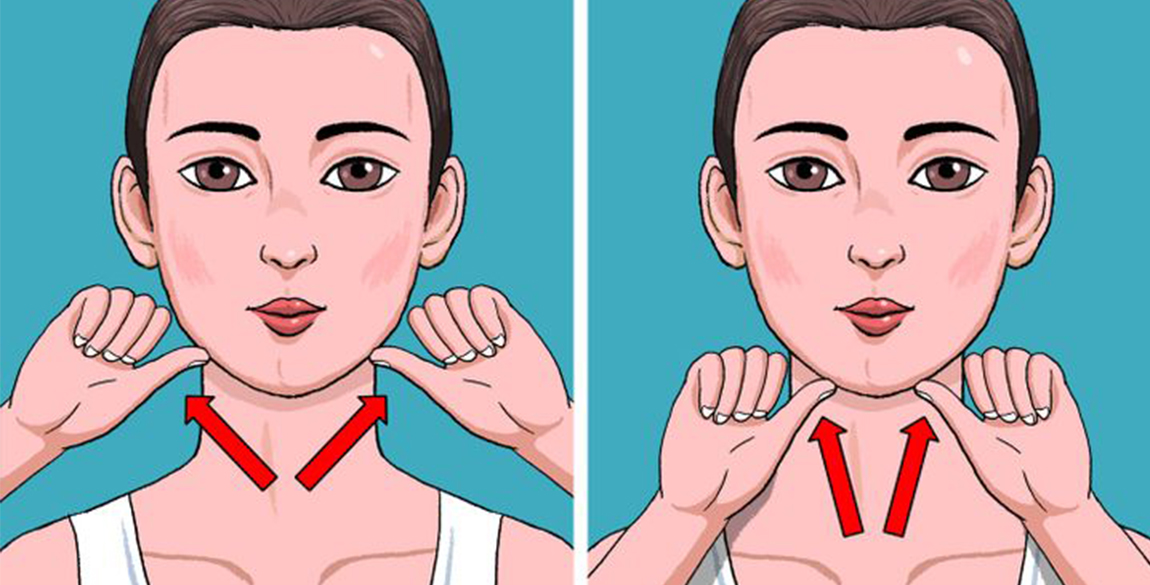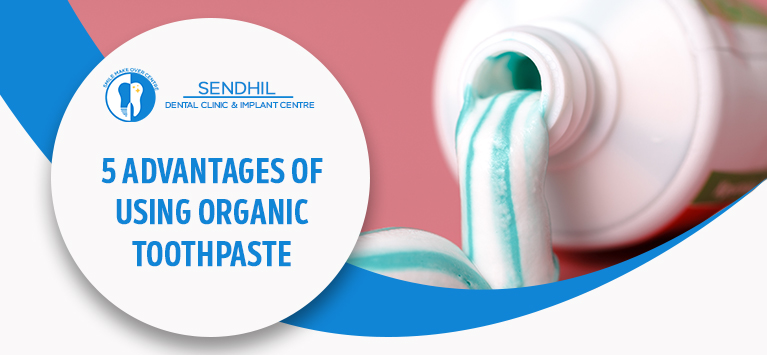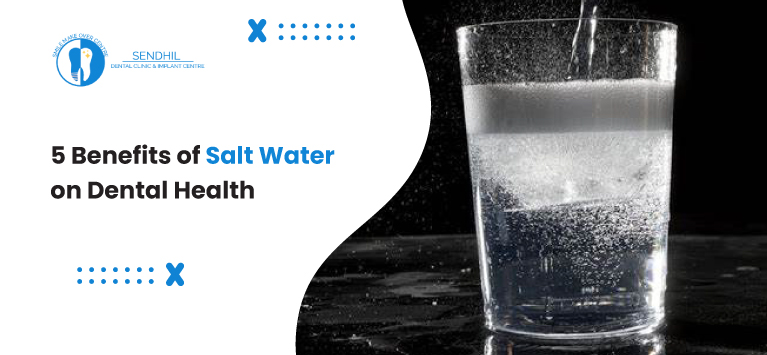Foods to avoid after fixing dental bridges
Dental bridges and permanent bridge implants act like a false tooth as they are placed between two crowns to fill in the gap left by missing teeth in order to look like a natural tooth or dental implant. They literally act as a bridge between two teeth. Bridges are an alternative to dentures and allow you to speak and chew properly. They also eliminate cosmetic issues and prevent your natural teeth from drifting out of place because of the gap.
Patients who have undergone a dental bridge procedure should be advised as to the best ways to care for the bridge to prolong its lifespan. Fortunately, a dental bridge that has been properly placed usually allows patients to eat and chew normally, without causing significant changes. However, particular attention should be paid to the dental care routine to look after the bridge and help it to last.
Patients should practice good oral hygiene habits and avoid foods and beverages that could prematurely damage these restorations, specially:
1) Gum, Caramel, and Sticky Foods
Sticky foods like caramel, gum, and chewy candy have the greatest potential to cause damage to dental bridges, especially if the bridge is new and has not completely bonded with adjacent teeth.Sticky foods can get caught between or underneath a dental bridge, leaving behind particles that can be a breeding ground for dangerous bacteria. Another risk is that the bridge could get stuck on the sticky food and may even be pulled out of place while the patient is chewing.
2) Sugary Treats
Dental bridges and other restorations are not susceptible to tooth decay like the natural teeth. However, sugary treats can still be a concern. Even though bacteria cannot damage the dental bridge, it can damage the teeth adjacent to the bridge. If the teeth supporting a dental bridge become damaged by decay, the dental bridge will no longer be secure and may need to be replaced after adjacent teeth are treated for dental damage.
3) Nuts, Chips, and Hard Foods
Hard foods like nuts, chips, and popcorn kernels can damage the structure of a dental bridge. Damage may develop over time, or it could occur suddenly in the form of a chip or fracture. Once the structure of a dental bridge has been compromised, the gums and adjacent teeth will be susceptible to decay and other oral health problems, so the bridge will need to be repaired or replaced right away.
4) Wine, Coffee, and Cola
The materials used to construct a dental bridge are resistant to stains, but these restorations can still become discolored over time. This is especially true if the patient routinely drinks dark-colored drinks, like wine, coffee, tea, and cola. To maintain the clean, white appearance of the dental bridge, patients should avoid these beverages as much as possible.
Dental bridges function like the natural teeth, so no food or beverage is completely off-limits after dental bridge treatment. Still, to prolong the lifespan of the dental bridge, patients should be careful about what they eat and drink.


